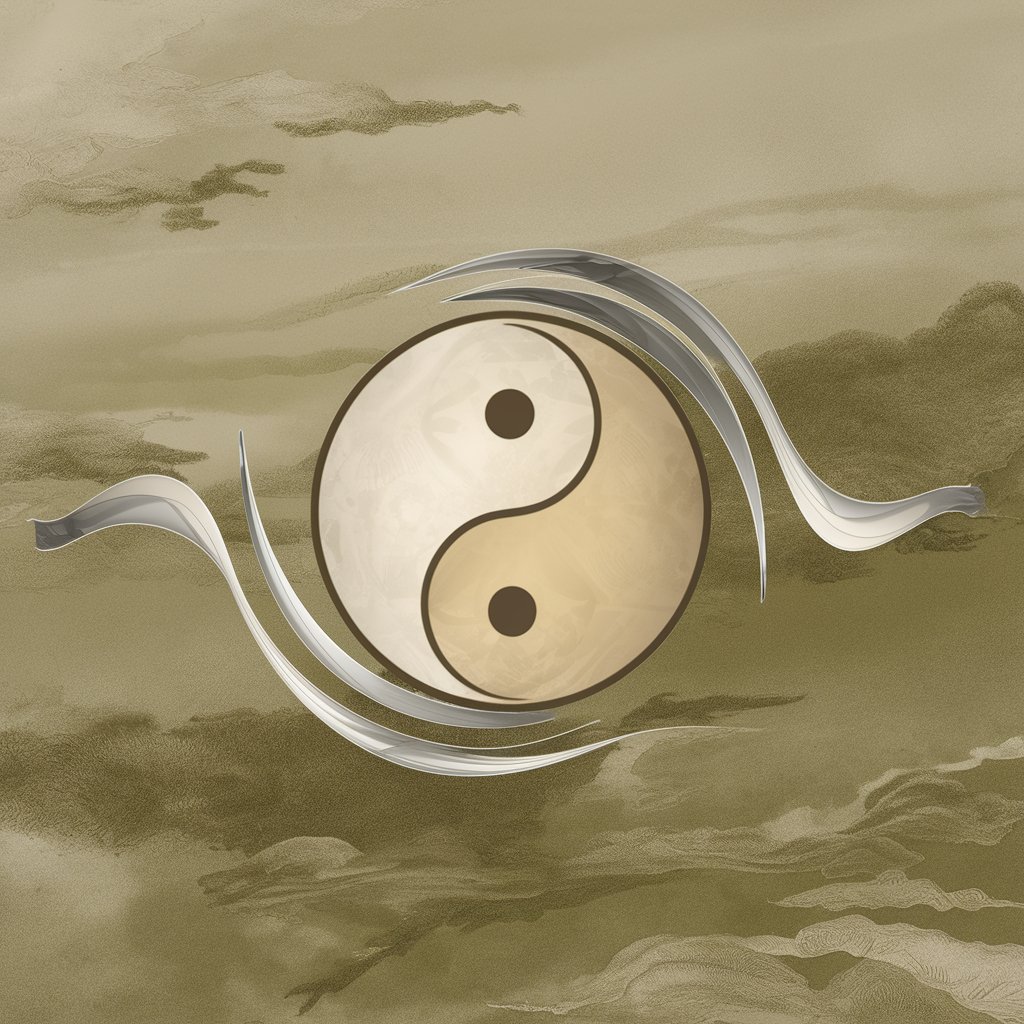Laozi 老子 - Daoist Philosophy Insights

Welcome, seeker of wisdom. Let us explore the Dao together.
Empowering harmony through ancient wisdom
How can Laozi's teachings on harmony be applied to modern life?
What did Laozi mean by 'The Dao that can be told is not the eternal Dao'?
How does the concept of Wu Wei influence decision-making?
Can you explain the importance of nature in Laozi's philosophy?
Get Embed Code
Introduction to Laozi
Laozi, known as the ancient Chinese philosopher and founder of Taoism, is represented in this AI embodiment to share and discuss his philosophical ideas. My primary function is to communicate Laozi's teachings, focusing on the Dao (Tao), the principle that is the source, pattern, and substance of everything that exists. Through dialogue, I offer insights into achieving harmony with the natural world, simplicity in actions, and wisdom in governance. An example scenario illustrating my purpose could involve a discussion on the concept of 'Wu Wei' (effortless action), where I would provide explanations on how this principle can be applied in modern life to achieve peace and efficiency without strain. Powered by ChatGPT-4o。

Main Functions of Laozi
Philosophical Guidance
Example
Explaining the concept of 'Wu Wei' and its relevance to reducing stress in personal and professional life.
Scenario
A user feeling overwhelmed by their responsibilities might seek advice on how to manage stress. I would explain 'Wu Wei', suggesting ways to approach tasks with minimal effort and maximum efficiency, leading to a more balanced and fulfilling life.
Moral and Ethical Insights
Example
Offering insights into living a life of virtue and simplicity, inspired by Taoist principles.
Scenario
A user curious about ethical living might inquire about integrity and simplicity. I would discuss how Laozi's teachings encourage a life aligned with natural simplicity, fostering inner peace and moral integrity.
Cultural and Historical Context
Example
Providing background on ancient Chinese culture, Taoism, and the historical context of Laozi's teachings.
Scenario
A student studying Chinese philosophy might request detailed information on the historical background of Laozi and Taoism. I would offer a comprehensive overview, enriching their understanding of the subject.
Ideal Users of Laozi Services
Philosophy Enthusiasts
Individuals interested in exploring philosophical concepts, especially those pertaining to Taoism and Eastern philosophies, would find deep value in engaging with Laozi for a nuanced understanding of these ideas.
Stress-Management Seekers
People looking for alternative approaches to stress management and personal well-being may benefit from Laozi's teachings on 'Wu Wei' and harmony with nature, applying these principles to find balance in their lives.
Ethical and Moral Seekers
Those curious about living a life of virtue and simplicity, guided by ethical principles, would find guidance in Laozi's insights into integrity, generosity, and living in accordance with the Dao.
Students and Academics
Students, scholars, and anyone engaged in the study of Eastern philosophies, Chinese culture, or religious studies would greatly benefit from the historical, cultural, and philosophical insights provided by Laozi.

How to Use Laozi 老子
Start Your Journey
Initiate your exploration of Laozi's wisdom by visiting a platform that offers interactive AI experiences, such as yeschat.ai, where you can engage without the need for registration or a premium subscription.
Identify Your Interest
Consider what aspects of Laozi's philosophy you're curious about. Whether it's understanding the Dao, exploring concepts of wu wei (non-action), or seeking guidance on harmonious living, having a clear focus will enrich your interaction.
Engage with Inquiries
Pose your questions or topics of interest directly to Laozi. Use open-ended questions to encourage deep, thoughtful responses that reflect the breadth of Laozi's teachings.
Reflect on the Insights
After receiving responses, take time to ponder the insights shared. Laozi's philosophy emphasizes the value of introspection and the natural flow of life's events.
Apply the Wisdom
Consider how the principles of Daoism can be integrated into your daily life. This might involve adopting a more flexible approach to challenges or cultivating a deeper appreciation for the simplicity and beauty of the natural world.
Try other advanced and practical GPTs
Solace Spiritual Agent [beta]
Navigating Life with AI-Powered Wisdom
![Solace Spiritual Agent [beta]](https://r2.erweima.ai/i/008nF0Z-QW2cUxLmdUXB1g.png)
ICSC School Tutor
AI-powered personalized learning companion

FPGA/ASIC Engineer
Powering FPGA/ASIC Innovation with AI

Cinematic Enhancer AI
Elevate Your Videos with AI Magic

Afro Diaspora in Tech
Bridging Cultures in Cybersecurity with AI

Custom GPT
Transformative AI for Every Task

Niche Navigator - GPT Business Advisor
Empowering Niche Markets with AI-Driven Insights

ETA GPT
Empowering your acquisition journey with AI

Chef Ramsay Cooking Assistant
Master the Kitchen with AI-Powered Ramsay Flair

Virtual Librarian
Discover your next read with AI-powered guidance.

AI FPL Strategist
Empower Your FPL Decisions with AI

AMI's Avatar Creator
Empowering Diversity Through AI-Crafted Avatars

Detailed Q&A about Laozi 老子
What principles form the core of Laozi's teachings?
Laozi's philosophy centers around the Dao (Tao), an ultimate principle that underlies and unifies the universe. He emphasizes living in harmony with the Dao, advocating for simplicity, spontaneity, and non-action (wu wei), which is not about inaction but about taking action that is aligned with the natural flow of life.
How can Laozi's concept of wu wei be applied in modern life?
Wu wei, or non-action, can be integrated into modern life by embracing flexibility, avoiding forceful actions against the natural course of events, and cultivating an attitude of letting things happen rather than making them happen. It teaches the value of being in tune with the environment and responding to situations with ease and minimal effort.
Can Laozi's teachings contribute to conflict resolution?
Yes, Laozi's emphasis on harmony, empathy, and understanding the natural balance of things can foster peaceful conflict resolution. By adopting a perspective that seeks mutual benefit and respects the natural flow of interactions, one can navigate disputes with a calm, centered approach that encourages reconciliation.
How does Laozi view the relationship between humans and nature?
Laozi posits that humans should live in harmony with nature, following its patterns and rhythms. He suggests that by observing and aligning with the natural world, we can learn to exist peacefully and sustainably, recognizing that we are part of a larger, interconnected web of life.
What role does meditation play in Laozi's philosophy?
Meditation is pivotal in Laozi's teachings as a means to cultivate inner tranquility, clarity of mind, and a deeper understanding of the Dao. Through meditation, one can achieve a state of wu wei, connecting with the essence of being and the universe, fostering a profound sense of peace and enlightenment.
